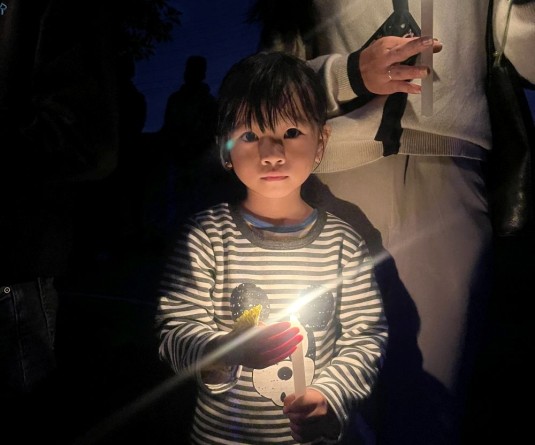
Is there a culture of silence, or lack of mechanism to address sexual violence?
Morung Express News
Dimapur | October 15
As professional spaces in India are being engulfed by the #MeToo campaign, with women naming and shaming sexual predators, there is complete silence in Nagaland on addressing issues of sexual violence. Does this mean there is no sexual harassment of women at workplaces in Nagaland? Or have we normalized sexual harassment to such an extent that filing a complaint is not considered an option?
“Of course there are cases (of sexual harassment),” said Prof. Rosemary Dzuvichu, Head of the English Department at Nagaland University (NU). But these cases rarely make it to the mandatory Internal Complaints Committee (ICC) set up at NU under the Sexual Harassment of Women at Workplace (Prevention, Prohibition and Redressal) Act, 2013.
A predominant reason for non reportage of cases to a regulatory body is “the fear of repercussion as many times the predators are in positions of power.” The “fear of losing their job” prevents victims from filing complaints.
The few cases that Prof. Dzuvichu is aware of were reported by onlookers or other concerned persons, not the victims, which made them difficult to pursue.
Victims of sexual harassment are often threatened and made to feel embarrassed for their own harassment leading to burying cases of sexual violence in layers of silence. According to Dr. Mimi Kevichusa Ezung, Associate Professor and Head of the Tenyidie Department at NU, “maybe perpetrators target the young and timid, not the outspoken ones for they know that such people won’t file complaints.”
The #MeToo campaign both in India and the west has shown that abusers often get away with harassment due to their position of power and authority, creating a culture of impunity for perpetrators and silence for victims.
However, with not a single reported case, one wonders if Nagaland is truly free from misogyny at the workplace.
The ICC at the Kohima Campus of Nagaland University, for instance, has not received any complaint so far. A faculty at the campus, who wished not to be named, informed, “Students and faculty have been sensitized about the committee and its provisions and therefore I don’t think that it is because of the culture of silence that cases are not filed.”
“People are more confident and aware of their rights,” noted the person, stating further that all members of the ICC at the NU Kohima Campus are women.
Even for this, the Nagaland University Teachers’ Association had to fight, said Prof. Dzuvichu, as the ICC at NU was initially chaired by a man. “You have to fight for everything in Nagaland,” she admitted, wondering if there are any such mechanisms to address sexual harassment in government offices.
The question has remained over the years if having a mechanism is enough for victims to report, or does reporting a case of sexual harassment need the creation of a safe cultural space and ending impunity to powerful abusers? As that may be, Nagaland’s newsrooms continue to be devoid of any mechanism to address the issue. Even whispers of sexual harassment are hard to come by. Monalisa Changkija, Editor of Nagaland Page and one of the senior most Naga journalists, said she is not aware of any case of sexual harassment reported by women journalists in Nagaland.
“However, if women in media in Nagaland have complained to their individual media, including newspaper, obviously, no media/newspaper authority would make public such instances. So, the culture of silence would be perpetuated by these authorities, not the complainants because by complaining they have not fallen prey to the culture of silence,” she stated, while also acknowledging that there are no special measures to protect women journalists in Nagaland from facing sexual harassment while on duty.
It may be noted that none of the newspapers in Nagaland have an Internal Complaints Committee as mandated by the Sexual Harassment Act of 2013.
But, according to Changkija, the lack of reporting or accountability mechanisms do not seem to hinder women from entering professions of their choice as evidenced by the women workforce in the government. “Whether in the Government sector or the private sector, undeniably the footfalls of Naga women in all professions are increasing at a very happy rate,” she observed.
From these few testimonies, one could conclude that sexual harassment at workplaces in Nagaland either does not exist, exists marginally or victims choose to bury their stories for reasons The Morung Express was unable to uncover. In any case, with no proper mechanism and safe space to address the issue, the waves of #MeToo are unlikely to touch Nagaland, at least yet.




